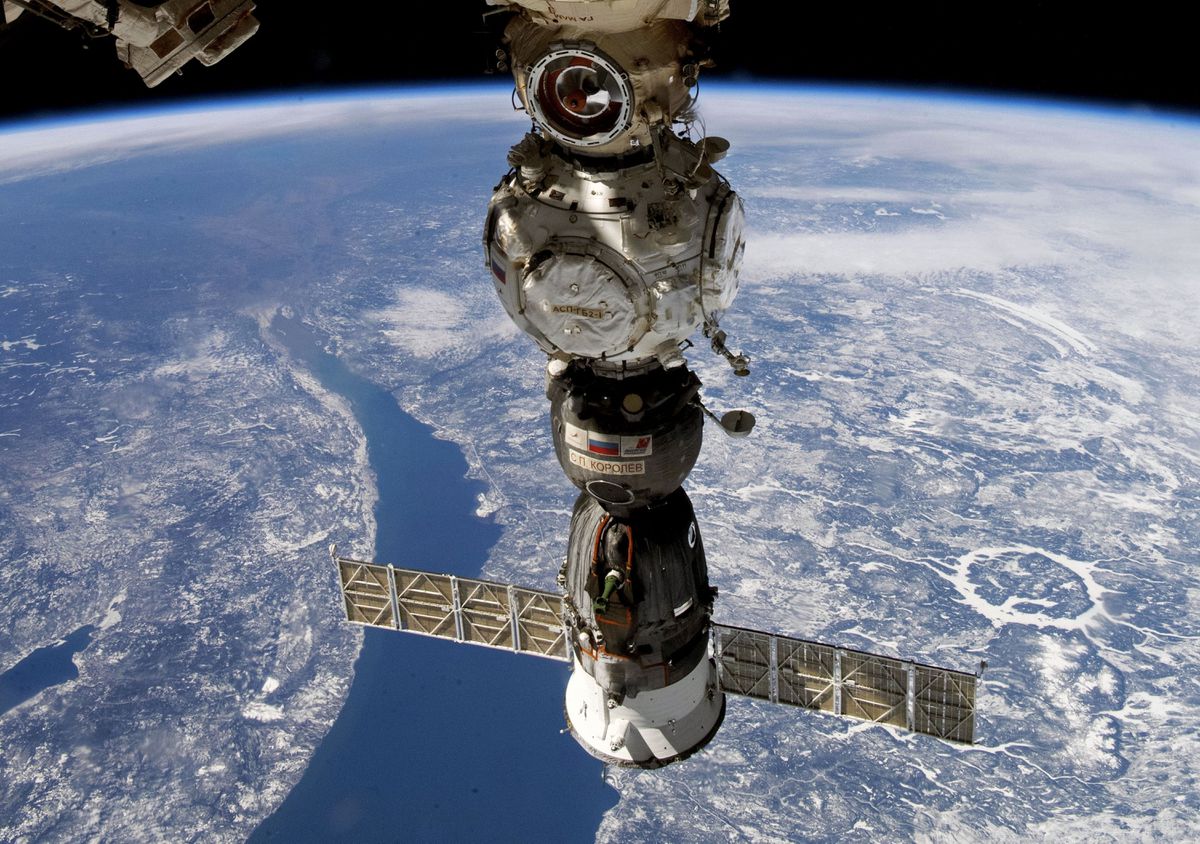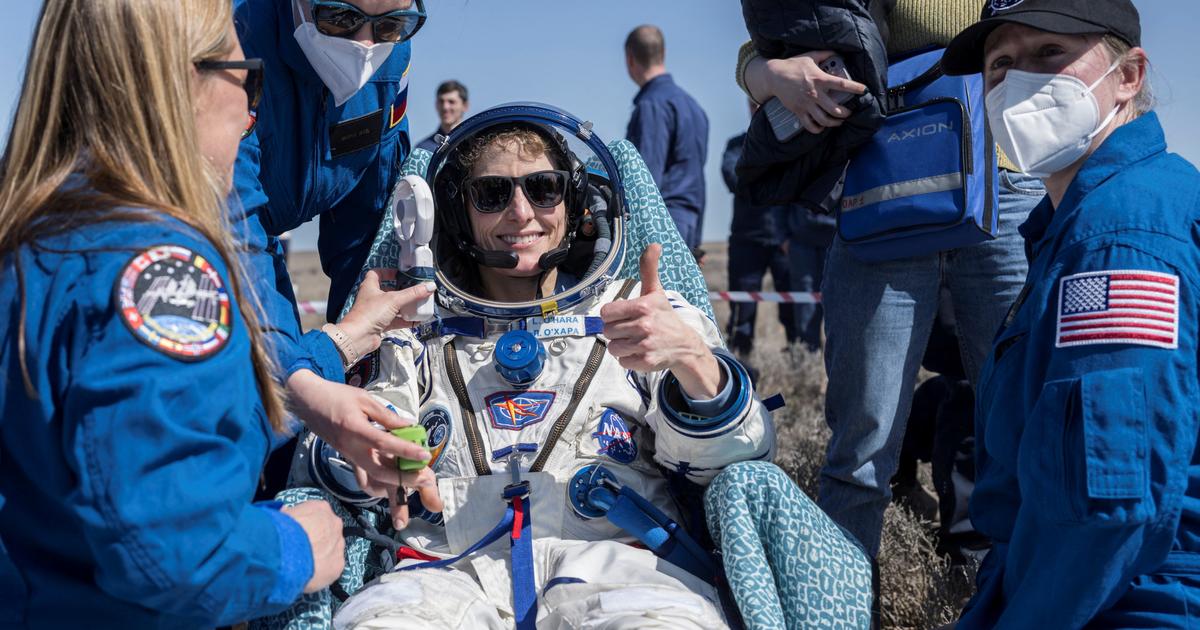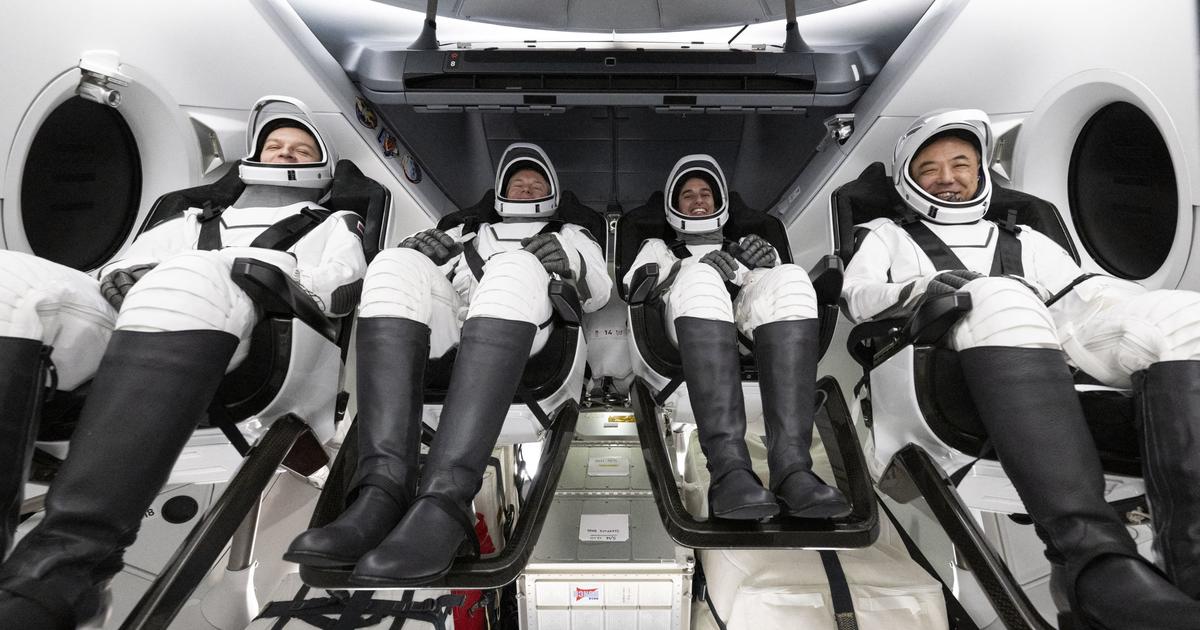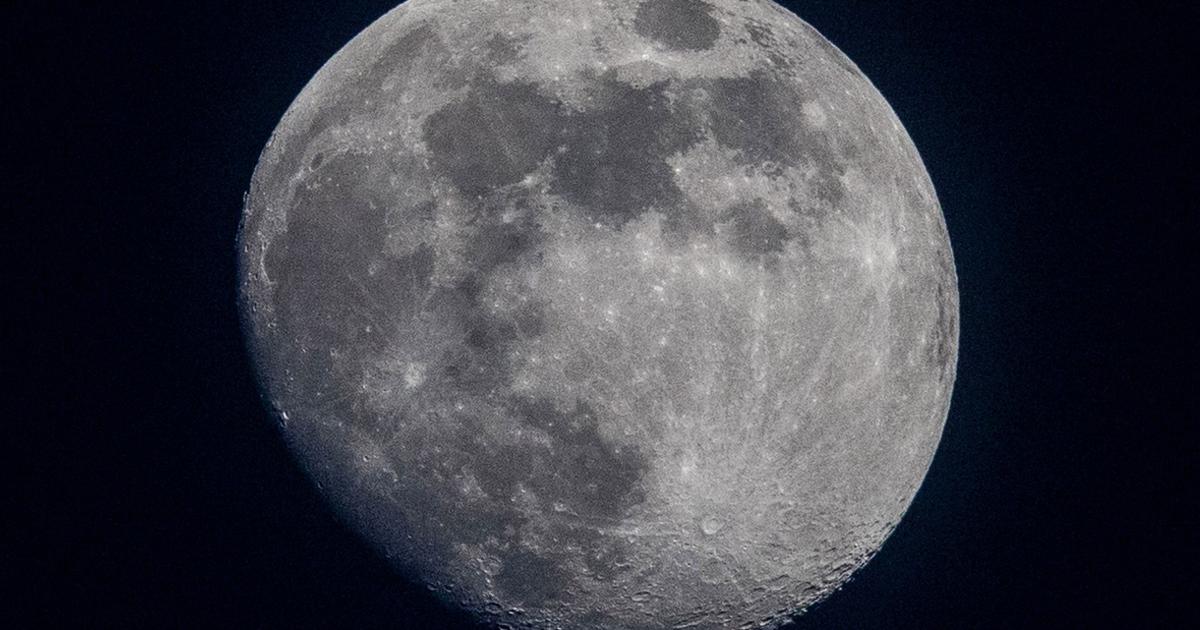Engineers from the Russian space agency, Roscosmos, have already begun the final phase of preparations to bring back astronauts trapped on the International Space Station (ISS) by a breach in their capsule.
The Soyuz spacecraft that will replace the damaged one will take off on February 20, but the cosmonauts will remain on the orbital platform for a few more months and the rest of the joint missions that were planned this year will be postponed.
The rescue operation also has the approval of NASA, which has also been forced to negotiate with the private company SpaceX for a readjustment of its own launch schedule.
The Soyuz MS-22 spacecraft was struck in December by an object of just one millimeter flying at about seven kilometers per second, according to the preliminary investigation.
The damage has compromised the safety of its occupants upon re-entry into orbit, which is why Russia has brought forward the shipment of the MS-23 capsule to February.
This was going to transport the new members of the station in March, but in the end it will fly empty and in automatic mode, like any other cargo ship.
"The final stage of preparations has begun at the cosmodrome," Roscosmos announced this past Wednesday night through its official channels.
Russia will launch two capsules of a very similar design, the Soyuz to transport astronauts and the Progress with new supplies for the ISS.
”To check the Soyuz MS-23, a ground test team has been assembled.
Then the electrical and vacuum tests will take place," added the space agency, which is also preparing the Progress MS-22 cargo spacecraft.
Both will take off in February thanks to a Soyuz-2.1a rocket.
Disrupted Space Agenda
The incident has postponed all plans for this year.
Russian cosmonauts Oleg Kononenko and Nikolai Chub, and American astronaut Laurel O'Hara, were due to fly to the space station this spring with MS-23, but their mission will be delayed until the fall, while the occupants of MS-22, the Russians Dmitri Petelin and Sergei Prokopiev, and the American Frank Rubio, will continue for a while longer.
"We will probably extend the mission for a few more months," confirmed Roscosmos director for manned space programs, Sergei Krikalev.
The International Space Station, orbiting Earth.NASA
The MS-22 spacecraft will return empty to Earth in automatic mode "one or two weeks after the arrival of the new Soyuz," according to Krikaliov.
Roscosmos considers that the ISS situation is safe, but leaves open the possibility of using the damaged ship as a rescue capsule in the event that "some particularly critical situation" occurs on the research platform.
However, it would be the last bullet, since the damage to the Soyuz could raise the temperature inside it to about 100 degrees and pose a great danger to its occupants and internal instruments.
NASA, for its part, "continues to work with Roscosmos and its Canadian, Japanese and European partners to refine the next flight dates in the coming weeks."
The space agency published a separate statement in which it also indicates that it maintains its contacts with SpaceX "regarding the possibility of using the Crew-5 spacecraft to return the crew in an emergency before the arrival of the Soyuz MS-23 ″.
Likewise, it is also negotiating how to change plans for its future Crew-6, which should arrive "shortly after the Soyuz MS-23".
dangerous leak
The occupants of the International Space Station were preparing for a walk outside between December 14 and 15, according to the time difference between the US and Russia, when the alarms went off.
Control systems detected a drop in pressure in the Soyuz spacecraft and visual inspection confirmed that there was a refrigerant leak.
The cosmonauts' departure into space was suspended, and the subsequent investigation located a crack in the radiator of the Soyuz MS-22 cooling system.
NASA astronaut Frank Rubio, right, and Roscosmos cosmonauts Sergei Prokopiev, center, and Dmitri Petelin, on September 21, 2022, before flying into space. Dmitri Lovetsky (AP)
The investigation has not yet offered a definitive version of the incident, but everything points to the "accidental impact of a meteoroid" of a very small size, according to the general director of Roscosmos, Yuri Borisov.
NASA and Roscosmos have collaborated in the investigation despite their differences on Earth, and in the analysis of what happened, the use of the Canadarm2 robotic arm deployed in the North American section of the space station has been key.
Russia plans to leave the orbital platform in 2024 due to its clash with the West over Ukraine.
The Progress MS-22 will transport new supplies to the ISS and will replace the Progress MS-20, which will be undocked from the orbital platform days before, on February 7, to be destroyed in the atmosphere along with the garbage carried on board by the astronauts.
The incident has also delayed the first flight by a Belarusian cosmonaut since the country's independence in 1991. As part of the process of its integration with Russia under the supranational framework of the State of the Union, the presidents of both countries, Alexander Lukashenko and Vladimir Putin, agreed that this year a Russian Soyuz would transport a Belarusian astronaut to the ISS.
Minsk decided that it will send a woman, and already has the recommendations and medical analyzes of its candidates on the table.
You can follow
MATERIA
on
,
and
, or sign up here to receive
our weekly newsletter
.









